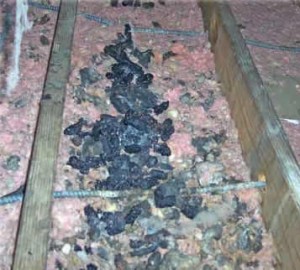 We have seen a number of searches and comments about exposure to raccoon feces and we thought that since this issue is so important, that we would write a post specifically about this subject. Exposure to raccoon feces can be serious and can cause health issues if proper care is not taken. This is in addition to the ugly mess that they can leave in your homes attic or wherever else that they take up residence. Deal with the situation quickly so that you do not have a mess like this one to clean up. before proceeding read more about the problems associated with raccoons in your home on this website.
We have seen a number of searches and comments about exposure to raccoon feces and we thought that since this issue is so important, that we would write a post specifically about this subject. Exposure to raccoon feces can be serious and can cause health issues if proper care is not taken. This is in addition to the ugly mess that they can leave in your homes attic or wherever else that they take up residence. Deal with the situation quickly so that you do not have a mess like this one to clean up. before proceeding read more about the problems associated with raccoons in your home on this website.
Exposure to Raccoon Feces
The best way to deal with raccoon feces is to stop raccoons from entering your attic in the first place. Read this post, How to get rid of raccoons, to find assistance in dealing with raccoons in your home. Ask professionals to deal with these pests!
Raccoons carry a parasite that can cause death if contracted by humans. You can come in contact with these parasites by touching raccoon feces and then putting your hands near your mouth. In most cases it is young children who contact this parasite, however, adults working in areas inhabited by raccoons can also contract this disease. ALWAYS WASH YOUR HANDS AND WEAR A MASK IF WORKING IN A CONFINED AREA.
Parasitic Worm in Raccoons etc
This parasitic worm is common in raccoons, squirrels, and mice as well as, rabbits, birds, woodchucks, and dogs. It is referred to as a parasite, or a roundworm called Baylisascaris procyonis. The roundworm larvae cause problems as they travel through the person’s muscles and various organs, including the liver, brain, lungs, and eyes. The severity of the infection depends on how many of the parasite’s eggs were ingested, and where the larvae migrate. Although serious infections are rare, raccoon roundworm can be fatal in people.
Raccoons will shed millions of the microscopic roundworm eggs in their feces or scat. It takes about a month for newly deposited eggs to develop to the infective stage. The eggs can only develop into worms when they’re in an animal’s body, but the eggs are hardy and may survive for years in soil, sand, or water.
People may encounter the eggs through direct contact with raccoon droppings or by touching a contaminated area or object. Attics where raccoons have lived can be particularly bad as their feces will dry out and the parasites will float in the air as the attic is disturbed. You may breathe these parasites into your lungs or get them on your hands unless proper precautions are taken.
Small children are particularly vulnerable because they tend to put their hands, and any objects such as bark, wood chips, toys, soil, or even droppings, into their mouths. Constant care must be taken when outdoors with small children in areas where there are raccoon feces about.
Other animals such as your dog or cat may become infected by eating an infected animal or through contact with the feces of an infected animal.
Symptoms
Symptoms in people vary but may include nausea, skin irritations, tiredness, liver enlargement, loss of coordination and muscle control, blindness, inattentiveness, and coma.
Treatment
Get treatment immediately if exposure is suspected. It can be very difficult to diagnose.
Protection
If you’re working in an area such as an attic that’s contaminated with raccoon feces, wear a proper respirator, rubber gloves, rubber boots, and disposable coveralls. Because the eggs are resistant to common disinfectants, the feces and any contaminated materials should be burned. If that’s not feasible, double-bag the materials and bury them deeply.
Contaminated clothing can be double-bagged and discarded, or washed in boiling water with bleach. Scrub rubber boots with bleach and a scrub brush. Clean traps before storing, to remove feces while they are fresh. Traps and other equipment that can withstand the heat can be flamed. If that’s impractical, clean with boiling water and bleach.
Advice for customers
- Have your pets “de-wormed” three to four times each year.
- Keep them away from areas that are frequented by raccoons.
- Cover their sandboxes.
- Train them to wash their hands and scrub their fingernails after playing outdoors, especially if they were in your garden or the sandbox.
Prompt removal and destruction of raccoon feces will reduce the risk of human exposure. Raccoons typically defecate at the base of trees, on fallen logs, on large rocks, and woodpiles, and in barns or other outbuildings. Raccoon feces may also be found in children’s sandboxes, attics, fireplaces, garages, decks, rooftops, haylofts, and compost piles. Exposure to Raccoon Feces can be almost found anywhere.
Areas of soil or concrete are best decontaminated by a thorough flaming using a handheld propane torch (weed burner). Wooden decks and patios can be cleaned with boiling water. Soil can be turned over with a rake or shovel, then flamed. Repeat this process several times. To decontaminate a fireplace or woodstove and chimney, build a roaring fire.
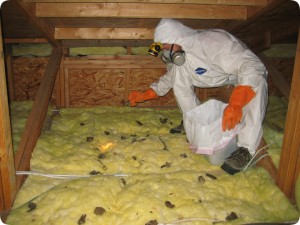 If you have raccoons living in your area or worse in your home, you need to be careful. Raccoons hanging around your home can be a source of several diseases such as rabies and roundworms. Downspout roundworms can be a source of this particular disease, especially if they defecate on your roof. Roundworms are found in the scat of raccoons and rain washes this material to the eaves trough and down the downspout. Deal with the main problem quickly. Take the necessary steps to get rid of the raccoons living in your home’s attic to avoid having these diseased animals living in your home. More on this later.
If you have raccoons living in your area or worse in your home, you need to be careful. Raccoons hanging around your home can be a source of several diseases such as rabies and roundworms. Downspout roundworms can be a source of this particular disease, especially if they defecate on your roof. Roundworms are found in the scat of raccoons and rain washes this material to the eaves trough and down the downspout. Deal with the main problem quickly. Take the necessary steps to get rid of the raccoons living in your home’s attic to avoid having these diseased animals living in your home. More on this later.
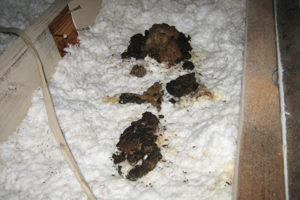
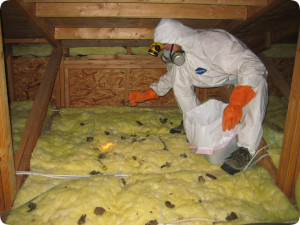
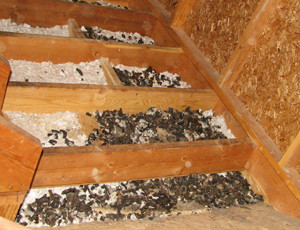
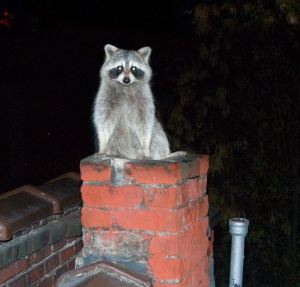
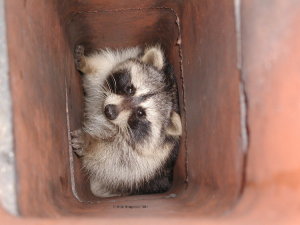
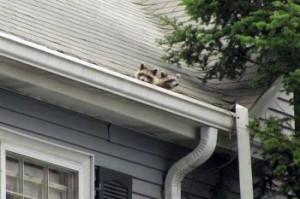

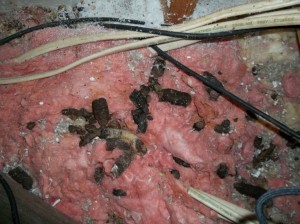
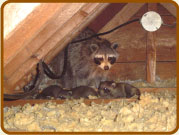 blindness, loss of muscle control, and even death.
blindness, loss of muscle control, and even death.